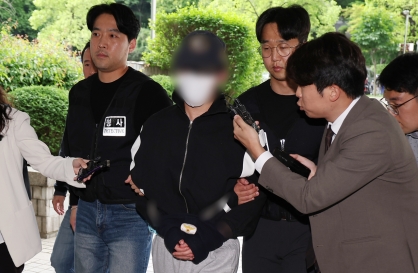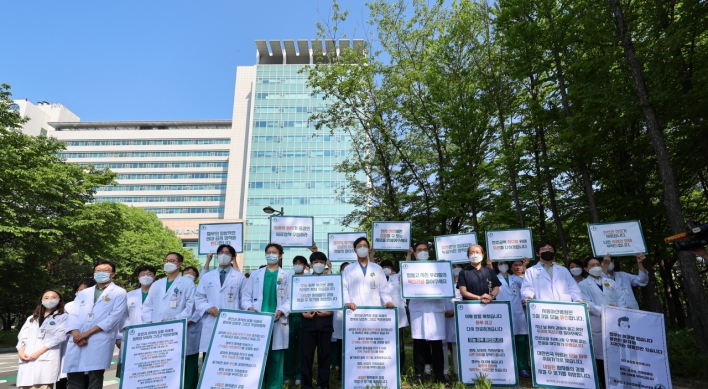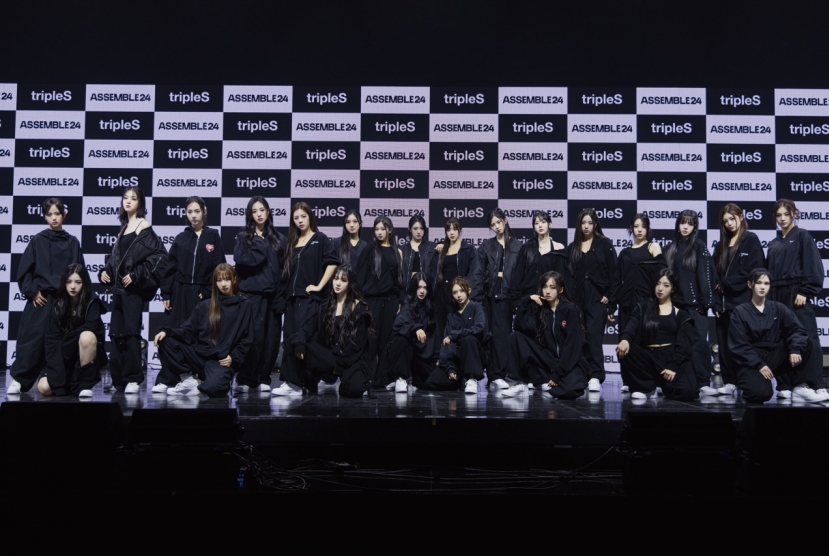TOKYO (Reuters) – Less than a fortnight into his job as CEO, Kazuo Hirai sketched out a strategy to revive Sony Corp: a major push into smartphones, growth in games and cameras, and big cost cuts in a TV business that has not made a profit in 8 years.
The Sony veteran, in his first public briefing as CEO, also targeted new business in medical equipment and electric car batteries, and set a target for group sales of 8.5 trillion yen ($105 billion) in two years, with an operating margin of more than 5 percent.
Hirai, who took over from Howard Stringer this month, is under pressure to turn around an ailing consumer electronics giant hobbled by TV losses and trampled by today's gadget leaders Apple and Samsung Electronics.
"I am determined to transform and revive Sony. This is our only chance to change," Hirai told a packed news conference at Sony's Tokyo headquarters, close to where the company established its first factory 65 years ago.
Hirai came armed with a slew of numerical targets aimed at easing investor concern over mounting losses. Sony expects to have slumped to a record $6.4 billion loss in the year just ended.
Sony and Japan's two other major TV makers, Sharp Corp. and Panasonic Corp., have been battered by weak demand, fierce competition and a profit-sapping strong yen that threatens the viability of Japan's once-mighty television industry.
The three firms expect a combined annual loss of $21 billion – more than Sony's entire market value, which has slumped by close to a fifth in the past month.
Samsung is 10 times more valuable, while Apple, which Sony executives considered buying in the early 1990s, is worth 30 Sony's.
Samsung is 10 times more valuable, while Apple, which Sony executives considered buying in the early 1990s, is worth 30 Sony's.
"Sony's fundamental problem is that it has lost its competitiveness," said Hideyuki Suzuki, general manager of research at SBI Securities.
Hirai confirmed media reports that Sony will cut 10,000 jobs – 6 percent of its global workforce – and take a 75 billion yen ($926 million) restructuring charge this business year. The cuts follow two rounds of layoffs during Stringer's six-year tenure.
"We cannot shy away from difficult decisions," he said.










![[K-pop’s dilemma] Time, profit pressures work against originality](http://res.heraldm.com/phpwas/restmb_idxmake.php?idx=644&simg=/content/image/2024/05/08/20240508050705_0.jpg&u=20240508171126)







